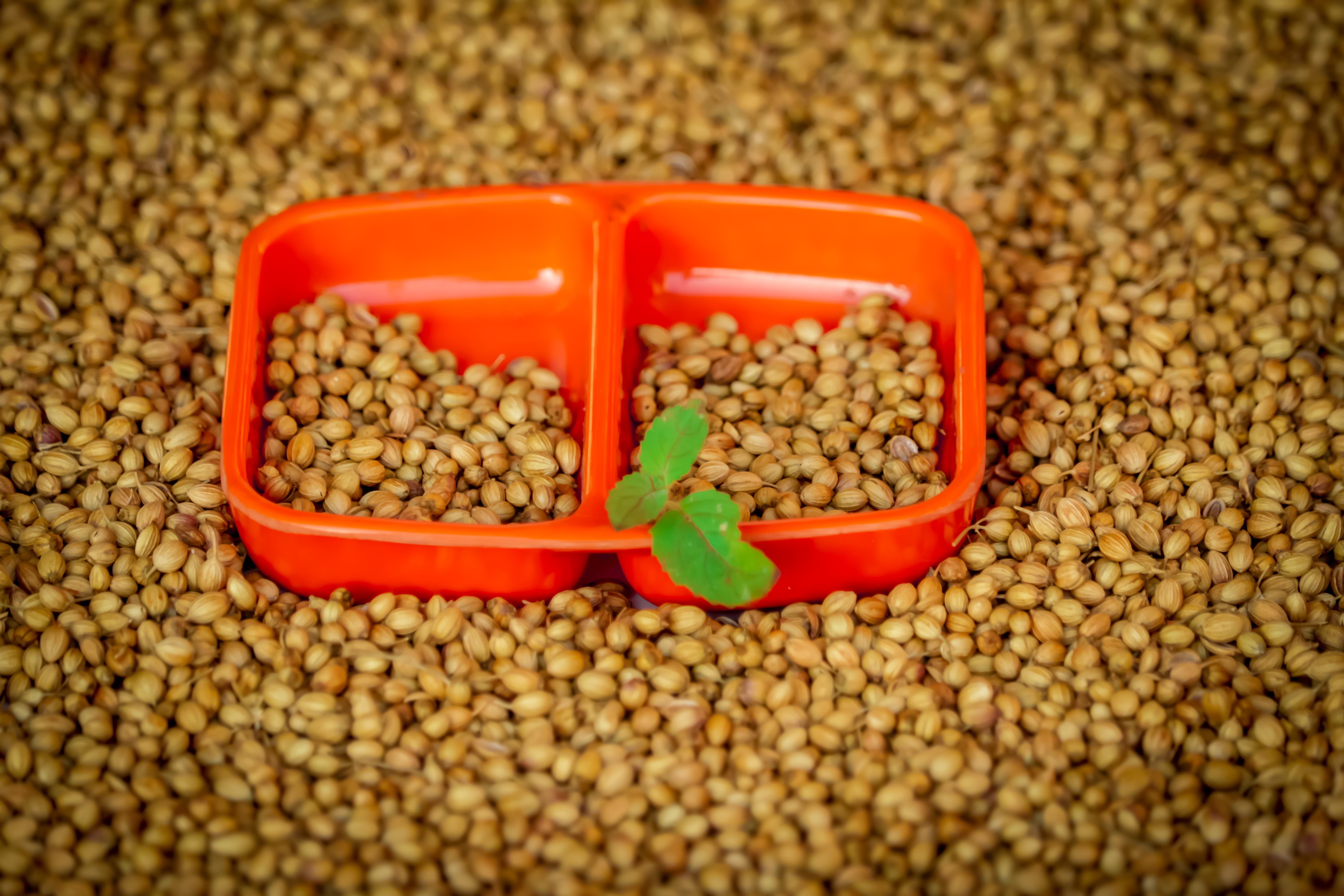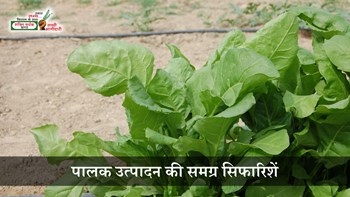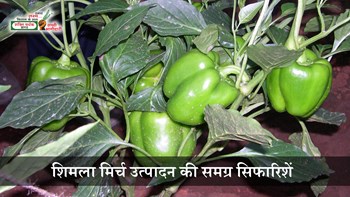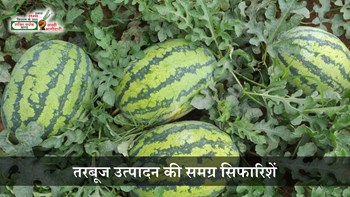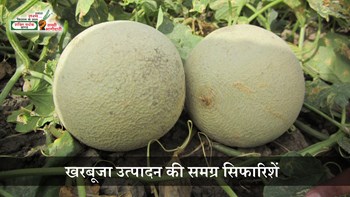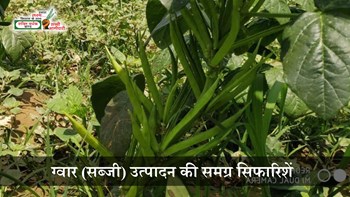1. Enhanced Protection Against Diseases and Pests
Treated seeds are often coated with fungicides, insecticides, or bactericides that protect the seed and young plant from soil-borne diseases and early pest attacks. This early defense is crucial, as the first few weeks of plant growth are often the most vulnerable. In contrast, untreated seeds are more susceptible to fungal infections, insect damage, and seed rot, which can lead to poor germination and reduced yields.
2. Improved Germination Rates
Seed treatments can include growth enhancers or micronutrients that boost germination and early seedling vigor. This gives treated seeds a stronger start, resulting in more uniform crop emergence and better competition with weeds. Untreated seeds may have inconsistent germination rates, leading to patchy fields and the need for replanting in some cases.
3. Cost-Effective Crop Management
Although treated seeds may initially cost more than untreated ones, they often reduce the need for additional pesticide applications during the early stages of growth. This translates into lower input costs, less labor, and fewer environmental impacts from spraying. For farmers, this can mean higher returns and more sustainable farming practices in the long run.
4. Support in Challenging Growing Conditions
Treated seeds are especially beneficial in areas with poor soil conditions, high pest pressure, or unpredictable weather. Treatments can include stress tolerance agents that help seeds germinate and thrive even under adverse conditions. Untreated seeds, lacking this added support, may struggle to establish in such environments.
5. Regulatory and Safety Considerations
Many seed treatments are regulated to ensure they are safe for use and effective. However, it is important for farmers to follow usage guidelines to minimize any negative effects on pollinators or soil health. While untreated seeds are a more "natural" option, they offer little to no protection and may require more intervention later.
Conclusion
While untreated seeds may appeal to those seeking organic or minimal-input farming, treated seeds provide significant advantages in terms of protection, productivity, and cost-efficiency. By offering a strong start to crops and reducing the need for early interventions, treated seeds support healthier plants and better yields, making them a valuable tool in modern agriculture.
